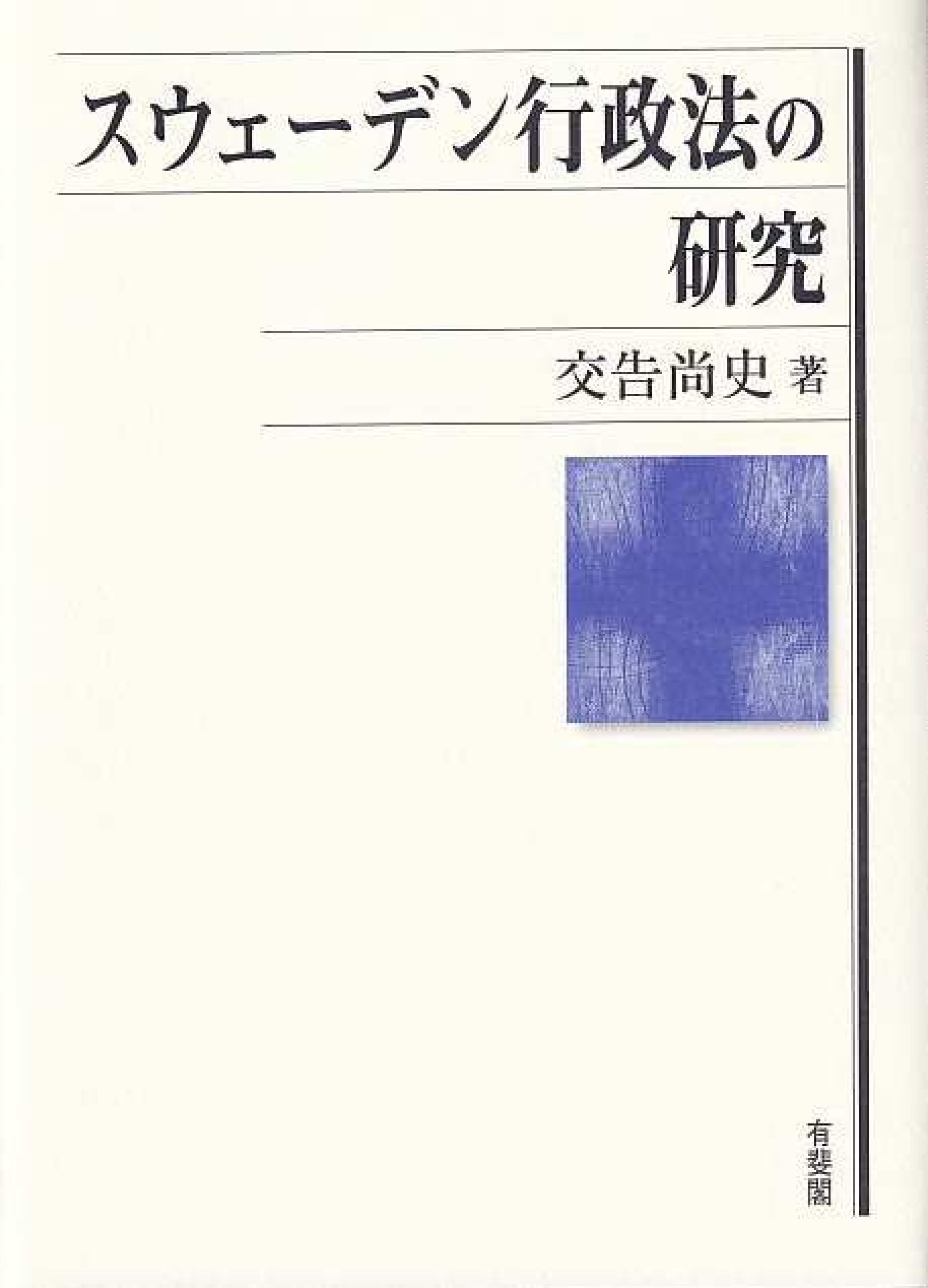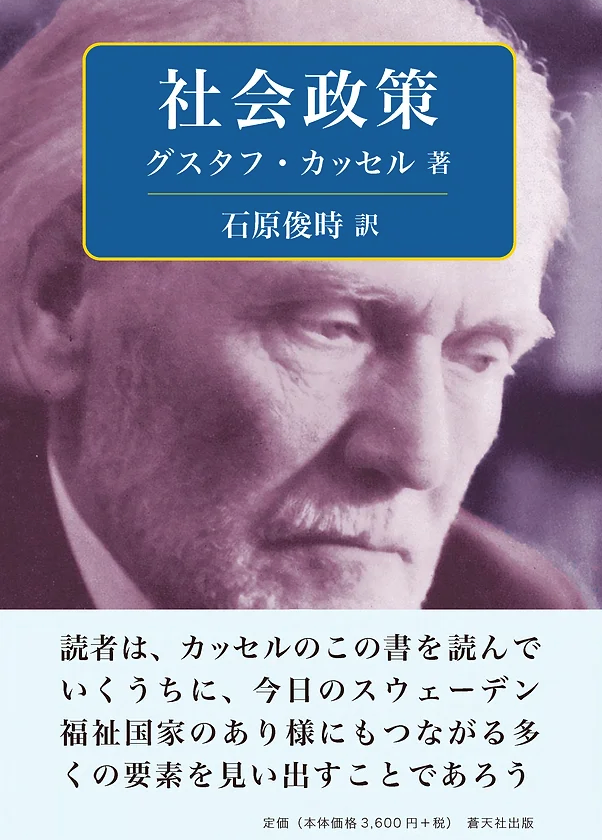
Title
Sweden Gyoseiho no Kenkyu (A study of the Swedish administrative law)
Size
228 pages, A5 format, hardcover
Language
Japanese
Released
October, 2020
ISBN
978-4-641-22790-3
Published by
Yuhikaku Publishing
Book Info
See Book Availability at Library
Japanese Page
I have studied Swedish administrative law for more than 20 years, and this book is the result of my efforts in this field. It consists of three parts.
In the first part, I reveal features characteristic of Swedish administration and administrative law. The focal point is the principle of “independence of agency.” This is a traditional principle with a foundation in the Swedish Constitution. In Sweden, agencies are functionally separated from the government as a conglomerate of ministries. While the government makes a law and policy, it is a particular agency that implements it. Under this political system, called “the Swedish model,” each agency is obliged to decide every individual case free of the influence of the government (and the other agencies). This principle distinguishes Swedish administrative law from that of the other EU countries.
In the second part, I delineate in detail the practice of nature conservation in Sweden. First I explain the three types of agencies that shoulder responsibility in this field, namely, the Nature Conservation Agency, district agencies, and local communities. The Nature Conservation Agency, the central body of the system, implements a variety of environmental laws to address all sorts of environmental protection problems from the national point of view, thus resembling the Environmental Protection Agency in substance. The district agency is a state organ with long tradition, with one agency in each district responsible for a variety of administrative fields, including nature conservation. The local community generally works for social well-being, but can designate a nature reserve and manage it if it has ability. There is also a Ministry of Environment also in Sweden, but being part of the government, it is not an agency. Thus, as noted above, the Nature Conservation Agency is obliged to decide each individual case independently of the Ministry of the Environment. Furthermore, we can say that the district agencies and the local communities are also obliged to decide independently. Thus, our greatest concern is how the agencies procure sufficient knowledge to implement entrusted tasks.
In the third part, I touch on nuclear safety under the theme of “procurement of special knowledge” and try to show how agencies in Sweden collaborate with other organizations, especially universities and non-governmental organizations. It is my belief that the Swedish people are excellent at combining a variety of special knowledge.
In Japan, scholars of the Swedish law are rare. I hope that many young students who read this book will gain an interest in Swedish law.
(Written by KOKETSU Hisashi, Professor Emeritus, Graduate Schools for Law and Politics / 2021)



 Find a book
Find a book


 eBook
eBook